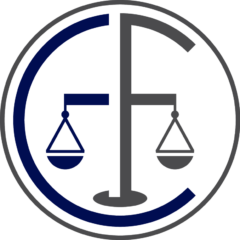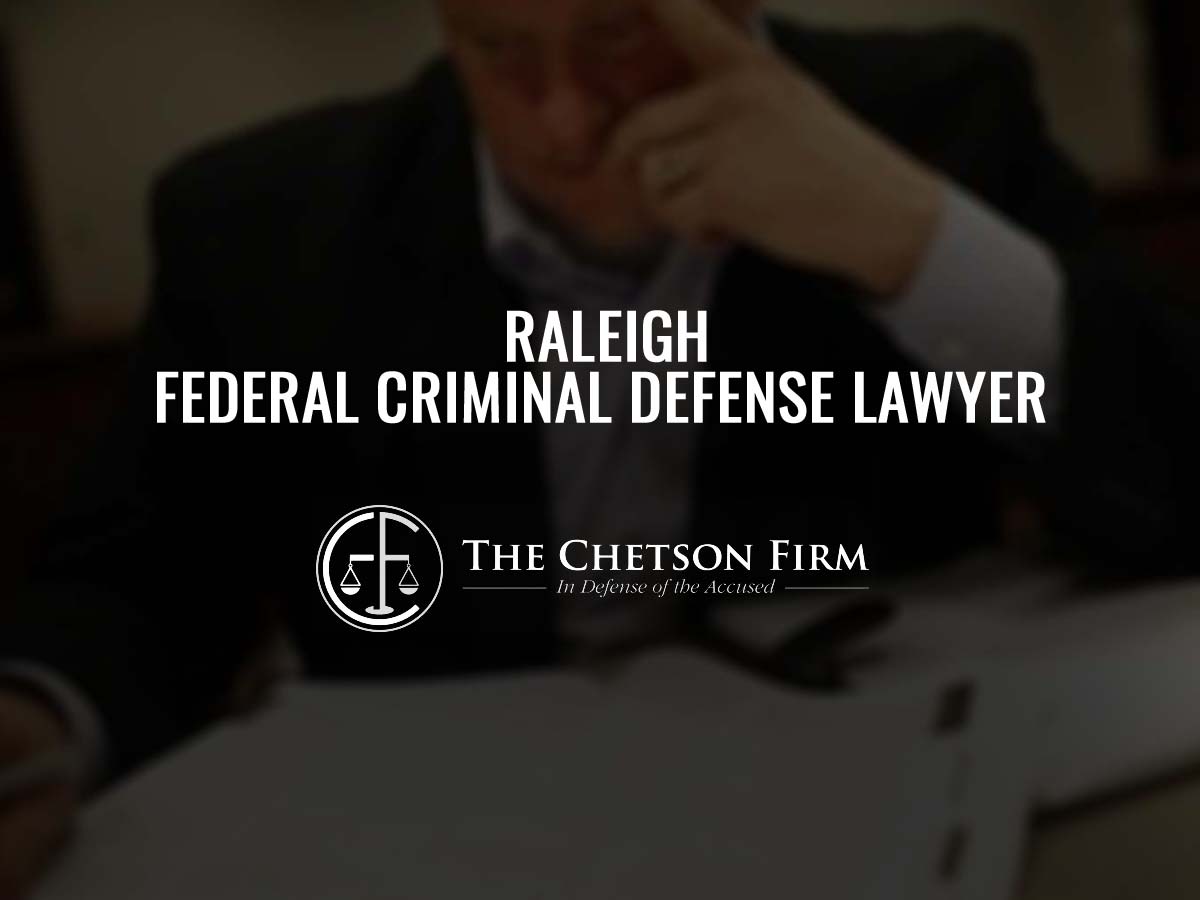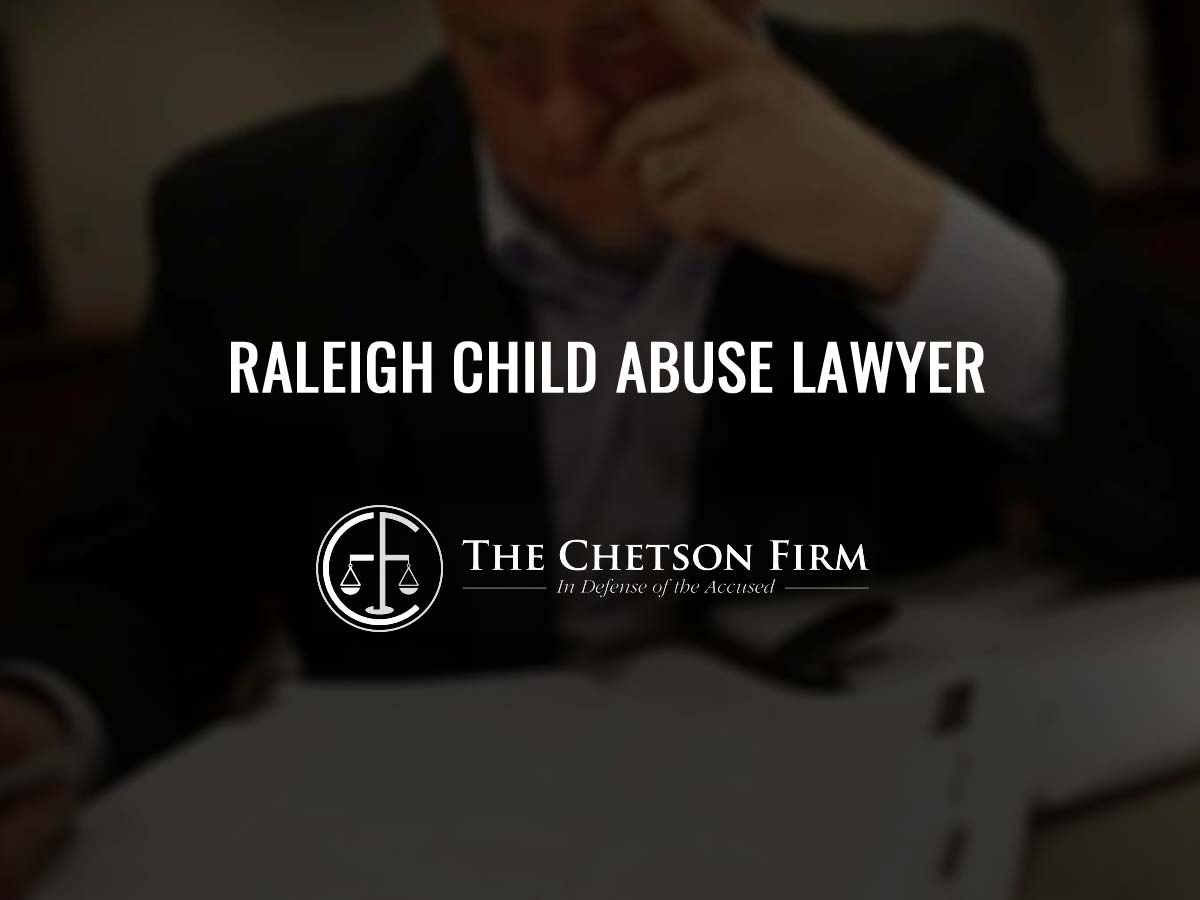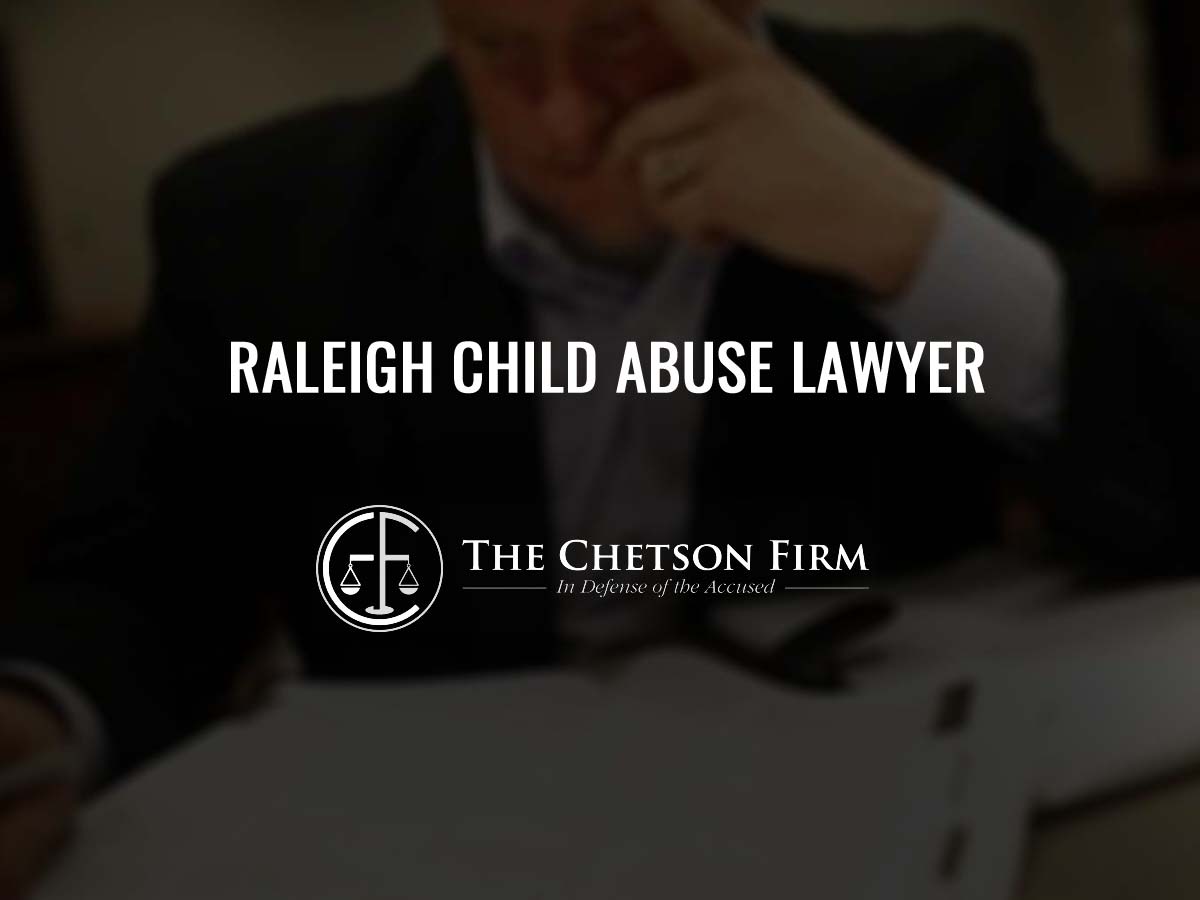Originally prepared by M. Montgomery and M. Howell (4-28-16 version). Updated with new case law by Damon Chetson (3-4-24)
For a PDF including cases, click here for this chapter on Child Sex Abuses – General Rule Against Vouching.
It is well-established in North Carolina law that “a witness mat not vouch for the credibility of a victim.” State v. Giddens, 199 N.C. App. 115, 121,681 S.E.2d 504, 508 (2009), affd 363 N.C. 826, 689 S.E.2d 858 (2010). “The question of whether a witness is telling the truth is a question of credibility and is a matter for the jury alone.” State v. Solomon, 340 N.C. 212, 221, 456 S.E.2d 778, 784 (1995). To allow a witness to vouch for the credibility of another witness invades the province of the jury. “The jury is the lie detector in the courtroom and is the only proper entity to perform the ultimate function of every trial – determination of the truth.” State v. Kim, 318 N.C. 614, 621,350 S.E.2d 347, 351 (1986). This rule is based upon the constitutional principle that a criminal defendant’s guilt must be determined by an impartial jury. United States Constitution, Amendment VI; North Carolina Constitution, Art. I, Sections 24. State v. Martin,222 N.C. App. 213, 729 S.E.2d 717 (2012).
“[O]ur decision reflects, and helps preserve, the jury’s fundamental ‘responsibility at trial’ in our adversarial system to “find the ultimate facts beyond a reasonable doubt.” citations omitted. Of course, the State is entitled to submit to the jury any admissible evidence that it thinks will help convince jurors to believe a complainant and disbelieve a defendant. But concern for the fairness and integrity of criminal proceedings requires trial courts to exclude testimony which purports to answer an essential factual question properly reserved for the jury. When the trial court permits such testimony to be admitted, in a case where the jury’s verdict is contingent upon its resolution of that essential factual question, then our precedents establish that the jury’s verdict must be overturned. State v. Warden, 376 N.C. 503 (N.C. 2020)
The defendant’s failure to object to potentially improper vouching subjects the improper testimony to the much more difficult standard of plain error review. A Deputy’s impermissible vouching did not rise to the level of error because defense counsel failed to object to the testimony at trial. State v. Caballero, 383 N.C. 464 (N.C. 2022). See also State v. Wohlers, 847 S.E.2d 781 (N.C. Ct. App. 2020).
A witness may not vouch for his or her own credibility. “It is improper for… counsel to ask a witness (who has already sworn an oath to tell the truth) whether he has in fact spoken the truth during his testimony.” State v. Chapman, 359 N.C. 328, 364, 611 S.E.2d 794 (2005); State v. Solomon, 340 N.C. 212,456 S.E.2d 778 (1995) (counsel improperly asked witness “if he had accurately pointed out to the prosecutor where his prior statements were untrue” and another witness “if she knew that she was under oath); State v. Skipper, 337 N.C. 1, 37, 446 S.E.2d 252, 273 (1995) (improper to ask witness “are you telling this jury the truth”); State v. Streater, 197 N.C. App. 632,645, 678 S.E.2d 367 (2009) (error to allow victim to testify “she had told the truth” in response to ADA’s question in direct); but see, Chapman, 359 N.C. at 364 (may be permissible for prosecutor to ask State’s witness “have you told the truth since you’ve taken the stand” after the witness’ credibility had been attacked on cross-examination).
It is grossly improper for an expert witness or a lay witness to vouch for the credibility of another witness. State v. Holloway, 82 N.C. App. 586,587,347 S.E.2d 72 (1986) (pediatrician and psychologist testified that, in their opinion, the child-witness had testified truthfully; State v. Freeland, 316 N.C. 13, 16017, 349 S.E.2d 35 (1986) (improper for mother of witness mother to testify that the witness had told her the truth and the witness knew the difference between reality and fantasy). In contrast, testimony by a witness that the victim immediately reported the defendant’s sexual assault to her was not impermissible vouching since the witness did not render an opinion about the victim’s credibility. State v. Harris, 236 N.C. App. 388 (N.C. Ct. App. 2014)
This rule against vouching has been extended to the findings of agencies such that vouch for or bolster the allegations of an accusing child. State v. Giddens, 119 N.C. App. 115, 122, 681 S.E.2d 504, 508 (2009) (finding plain error when CPS investigator testified that agency’s investigation uncovered evidence indicating abuse and neglect did occur), and State v. Martinez, 711 S.E.2d 787, 789 (N.C. Ct. App. 2011) (trial court improperly admitted testimony of DSS social worker that DSS substantiated claim that sex abuse occurred).





